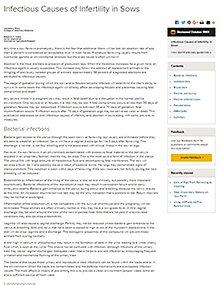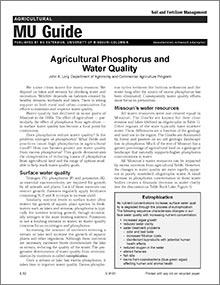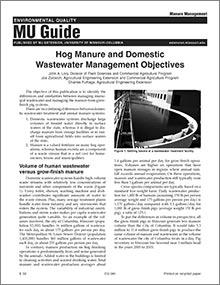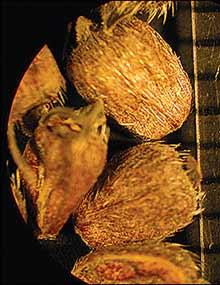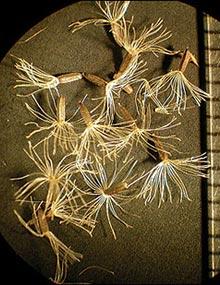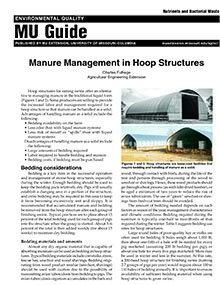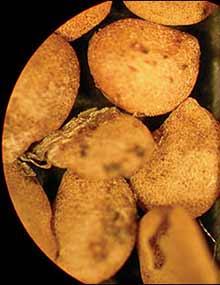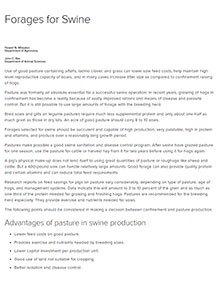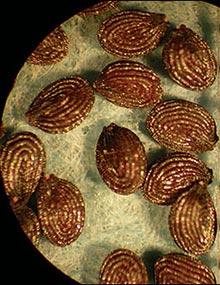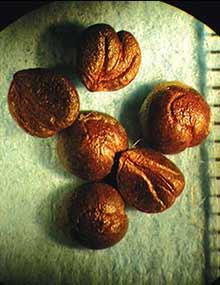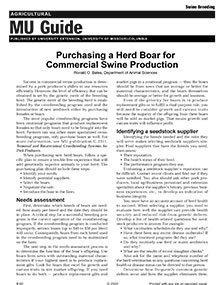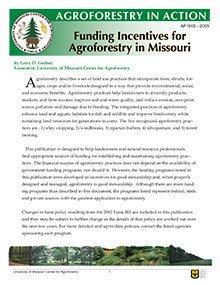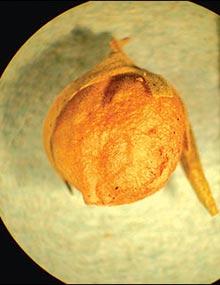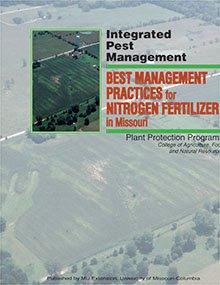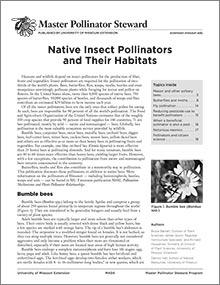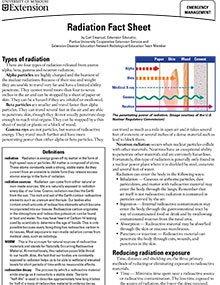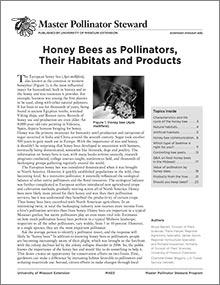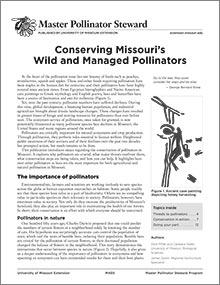Agricultural Phosphorus and Water Quality
Reviewed
This guide demonstrates the complexities of reducing losses of phosphorus from agricultural land and the range of options available to help reach water quality goals.
Missouri Weed Seeds, Page 07
Reviewed
The Dogbane family (Apocynaceae) has relatively few members that occur in Missouri.
Hog Manure and Domestic Wastewater Management Objectives
Reviewed
The objective of this publication is to identify the differences and similarities between managing municipal wastewater and managing the manure from grow-finish pig systems.
Missouri Weed Seeds, Page 42
Reviewed
Rubiaceae (Madder family) is a large family of plants with about 600 genera; there are about eight genera present in Missouri. The genus Galium is the largest in this state with at least 11 species, including a common winter annual, catchweed bedstraw.
Missouri Weed Seeds, Page 10
Reviewed
Asteraceae, the aster family is the largest and most diverse family of broadleaf plants in Missouri. Its members include various species of goldenrod, sunflower and thistle.
Manure Management in Hoop Structures
Reviewed
Hoop structures for raising swine offer an alternative to managing manure in the traditional liquid form. Some producers are willing to provide the increased labor and management required for a hoop structure so that manure can be handled as a solid. Advantages of handling manure as a solid include the following:
Missouri Weed Seeds, Page 45
Reviewed
Some of the state’s most prevalent weed problems are caused by members of Solanaceae (Nightshade family), such as various species of nightshade. Other members are commonly cultivated, such as tomato, pepper, potato and eggplant.
Forages for Swine
Reviewed
It is still possible to use large amounts of forage with the breeding herd. Visit our site to learn about using Forages for Swine.
Missouri Weed Seeds, Page 13
Reviewed
Brassicaceae (Mustard family) is one of the larger groups of plants in the state. Several plants within this family, such as yellow rocket and wild mustard, are common throughout Missouri.
Missouri Weed Seeds, Page 48
Reviewed
Several species of Vitaceae (Grape family) are commercially valuable to the state’s economy. Virginia creeper is one of the most common vining weeds encountered in undisturbed habitats.
Funding Incentives for Agroforestry in Missouri
Reviewed
Find government and private funding programs to finance practices such as alley cropping, windbreaks, riparian buffers, silvopasture and forest farming.
Missouri Weed Seeds, Page 16
Reviewed
Caprifoliaceae (Honeysuckle family) includes several species of honeysuckle, viburnum and elderberry.
Best Management Practices for Nitrogen Fertilizer in Missouri
Reviewed
Successful nitrogen management delivers enough nitrogen to crops to optimize yield and profitability while minimizing losses to water and air. Learn the best management practices from sound economic, production and environmental viewpoints in this guide.
Radiation Fact Sheet
Reviewed
Editor’s note
On 1/22/15, a web address was updated on this page and in the PDF.
Coping With Summer Heat
Reviewed
The heat of a Missouri summer not only can make for high utility bills, but also can be deadly. Here are some tips to help keep you comfortable, healthy and penny-wise.
Honey Bees as Pollinators, Their Habitats and Products
New
Learn about the honey bee, from its life cycle, to its various races, to its pest problems, the benefits it provides, and how we can aid its success in this University of Missouri Extension guide. Become a Master Pollinator Steward!
Conserving Missouri's Wild and Managed Pollinators
New
Pollinators are critically important for natural ecosystems and crop production. Learn why pollinators are crucial, the major threats confronting them, conservation steps being taken, and how you can help in this University of Missouri Extension guide.
Squeezed by Rising Food Prices?
Reviewed
Small changes in your shopping habits can mean saving money at the grocery store. Check for tips on this page that can work for you and your family.
Challenges and Choices: Fit for Life
Reviewed
Editor's note
This webpage contains updated contact information at the end of the So get moving section that is outdated in the PDF version.
Collective Bargaining 2: Behavioral Factors Influencing Union Bargaining Power - Page 3
New
Organizational behavior Organizational behavior
When individuals are brought together in any social setting, they may collectively evolve into one of several forms of social organization.
Collective Bargaining 2: Behavioral Factors Influencing Union Bargaining Power - Page 6
New
Building an effective bargaining committee Building an effective bargaining committee
The primary factors for the determination of who will serve on the bargaining committee are the constitution and by-laws of the orga
